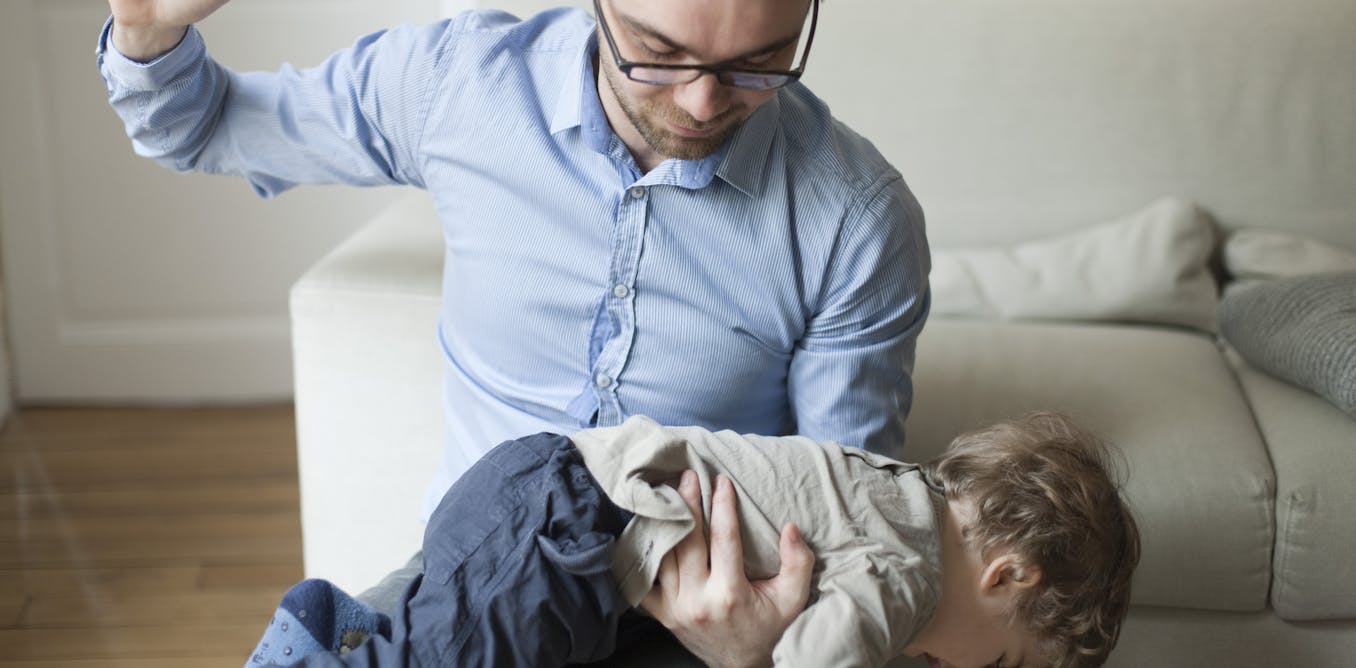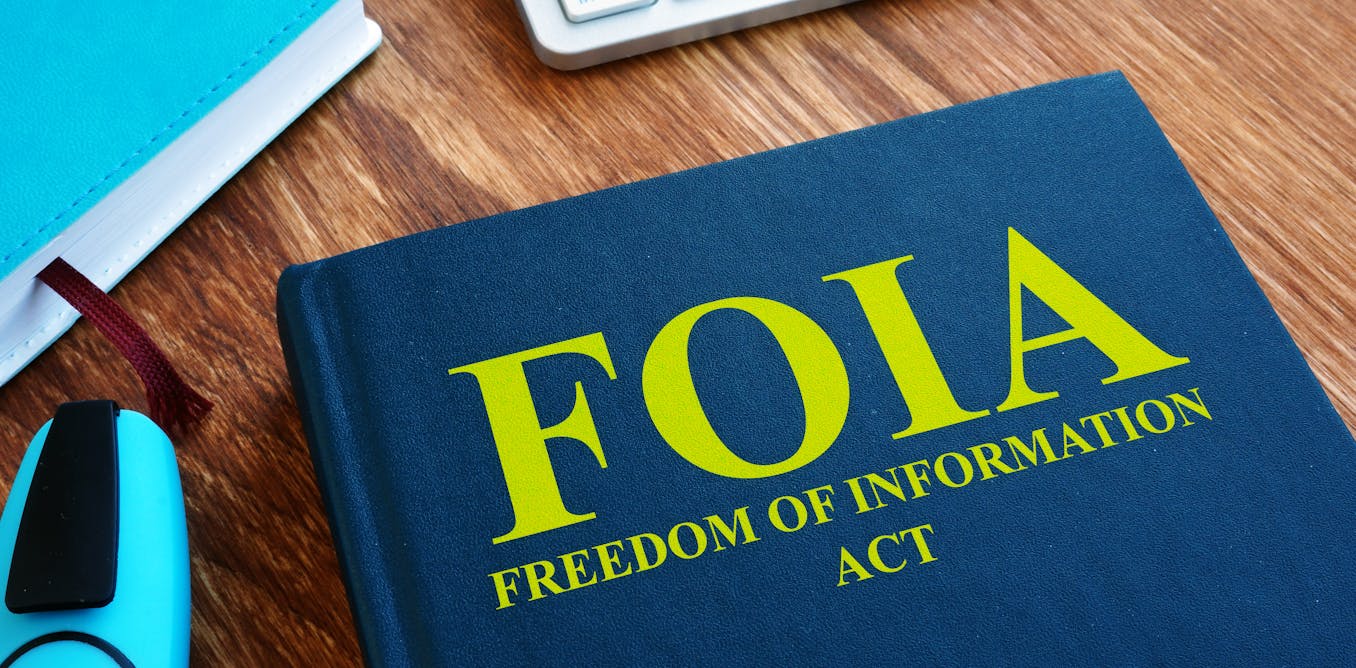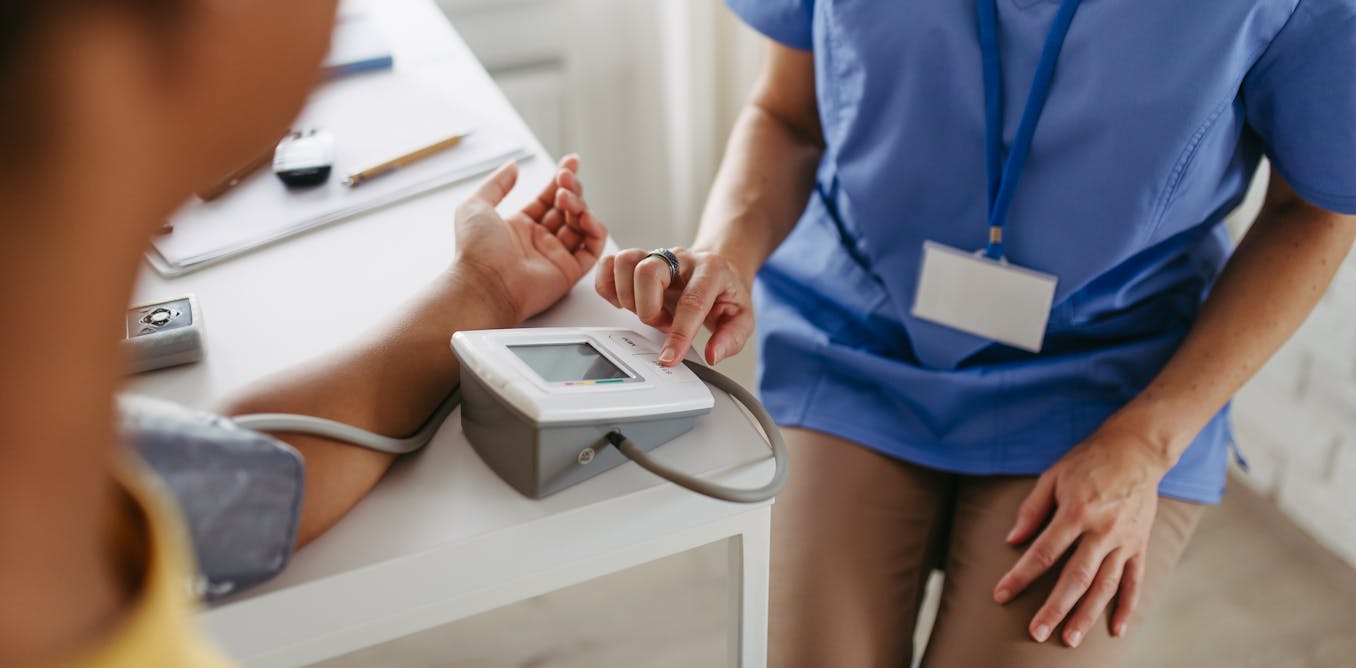ALLY McCoist has revealed he has an incurable condition known as ‘Viking’s disease’.
The Rangers legend said the disease had been in his family for generations – but certain lifestyle factors and health conditions could also put you at risk.
4

4

4
Ally shared that he has Dupuytren’s contracture, a condition causing one or more of your fingers to gradually curve in towards your palm.
The condition sees lumps, dimples or ridges appear in the palm as tissue under the skin of your palms and fingers thickens and tightens.
Eventually, one or more of sufferer’s fingers – such as the ring and little fingers – may get stuck in a bent position. It’s common to have the affliction in both hands.
It’s often referred to as ‘Viking’s disease’ as it’s thought to be more common in people of Scandinavian or Northern European decent.
Read more on celeb diagnoses
However, a genetic study published in 2019 found no evidence to support that Dupuytren’s has its origin in Nordic countries.
Dupuytren’s contracture is not usually painful, but it can make it harder to use your hands and perform everyday activities.
Typically, people have to wait until the condition progresses significantly before surgery can be performed.
The sports presenter revealed he’s had two operations to try and straighten out his fingers, but the issue had returned.
Speaking on talkSPORT, Ally said: “I have got Dupuytren’s. It’s a hereditary thing where your fingers close in.
“I have had them done twice.
“The bizarre thing with Dupuytren’s is when I went to see the doctor he said ‘I will operate on it but it will come back in roughly nine years’.
“And I swear to God nine years later it came back.”
Ally said the condition ran in his family.
“I went to see the doctor and he said to me ‘Did your grandfather have it?’.

4
“I said ‘I don’t know’ because I never met any of my grandfathers, sadly they passed before I was born.
“I said to him ‘But my dad had it’. He lifted his head up and said ‘You’re unlucky because it normally skips a generation’. I said ‘That’s good news because I have got five boys’.
“My wee mum had it as well. My mum had it, my dad had it, it’s a hereditary thing.”
The football legend shared that his condition makes it hard for him to text.
“I have seen myself sending a text message which takes me five minutes to text with one finger when I should just dial the number,” he told talkSPORT.
Oxford University scientists who uncovered a potential breakthrough treatment for Dupuytren’s disease estimated that the disabling condition affects as much as 5 per cent of the UK population.
Other famous sufferers have included Margaret Thatcher and actor Bill Nighy.
Causes of Dupuytren’s contracture
The exact causes of ‘Viking’s disease’ remain unknown.
In Ally’s case, having a family history of the condition made him more at risk of getting it.
But other factors have also been linked to the disease.
According to the NHS, smoking could increase your risk of developing Dupuytren’s contracture.
Drinking lots of alcohol is another lifestyle risk factor.
Certain conditions, such as diabetes of epilepsy, have also been linked to the disease.
You should speak to a GP if one or more of your fingers are bent and you can’t put your hands down flat or struggle with daily activities.
NHS guidelines on drinking alcohol
According to the NHS, regularly drinking more than 14 units of alcohol a week risks damaging your health.
To keep health risks from alcohol to a low level if you drink most weeks:
- men and women are advised not to drink more than 14 units a week on a regular basis
- spread your drinking over 3 or more days if you regularly drink as much as 14 units a week
- if you want to cut down, try to have several drink-free days each week
If you’re pregnant or think you could become pregnant, the safest approach is not to drink alcohol at all to keep risks to your baby to a minimum.
You read more on the NHS website.
How is it treated?
Dupuytren’s contracture doesn’t usually need any treatment in the early stages.
If it’s severe and you can’t use your hand normally, a GP may refer you to a specialist for treatment.
There are three main types of treatment:
- Surgery to remove the affected tissue in the hand (fasciectomy)
- Using a needle to make small cuts in the affected tissue (needle fasciotomy)
- Surgery to remove the affected tissue and skin (dermofasciectomy)
Treatment may not completely straighten your digits and they may feel less strong and flexible.
As with Ally’s case, your fingers may start to contract again after a few years.




